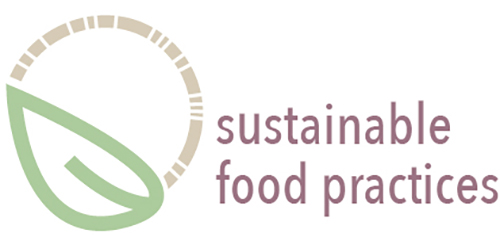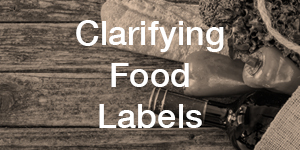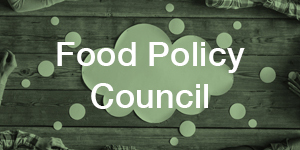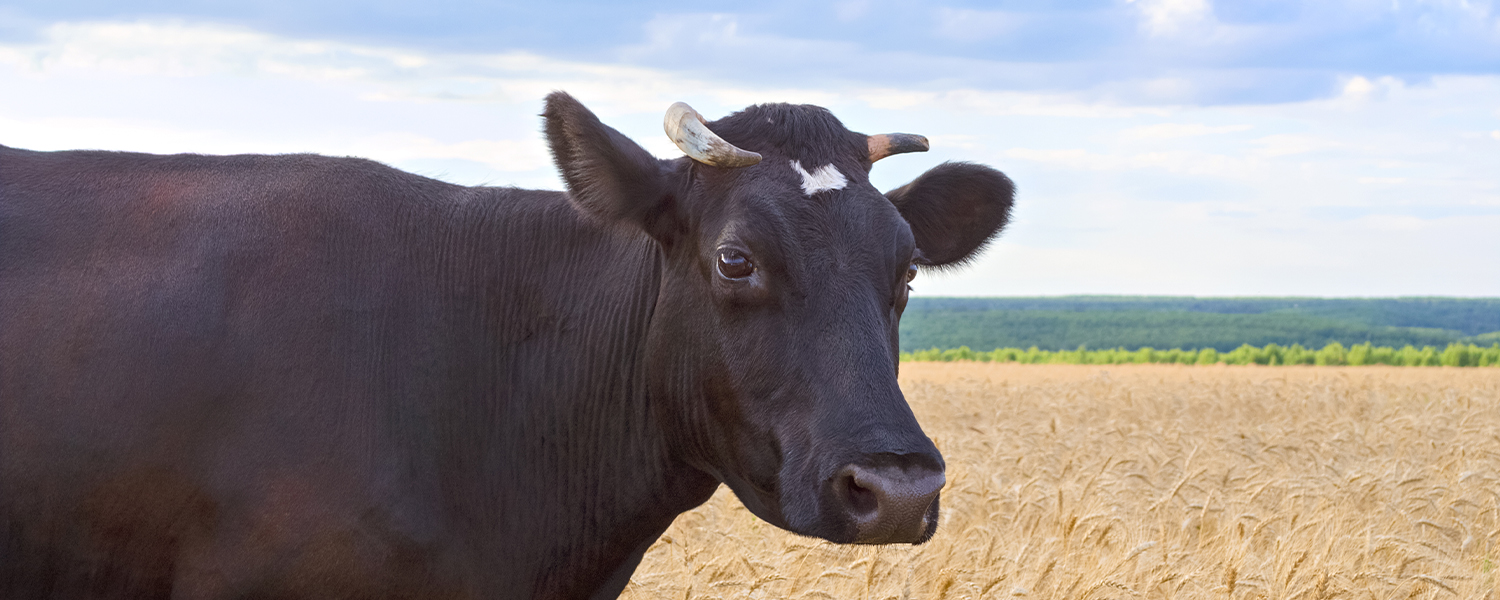
SustEATable
Integrated Analysis of Dietary Patterns and Agricultural Practices for Sustainable Food Systems in Luxembourg.
Luxembourg is currently facing many environmental problems: pollution of drinking water resources by nutrient inputs and pesticide from agricultural activities, loss of biodiversity, soil erosion and degradation and climate change. These threats to ecosystems and the loss of natural resources are of course not unique to Luxembourg but are mirroring the challenges that the food and agriculture sector is facing on a global scale. The food and agriculture sector is as much a victim as a driver of these problems, and changes in the farming practices are needed in order to face them and ensure food security for future generations. The sustainability of the food and agriculture sector is also influenced by consumers and their food choices, by creating demand for certain food groups or certain production practices. The aim of this project is therefore a) to assess holistically the current sustainability level of the Luxembourgish agriculture sector, b) to identify necessary changes to dietary patterns and production practices, and c) to develop differentiated strategies for the development of sustainable food systems in Luxembourg. The project will assess the sustainability of the Luxembourgish food system on two levels: the farm-level and the food system-level. For the farm-level sustainability assessment, the project analyses farming practices and their respective sustainability implications according to the FAO SAFA Guidelines (Guidelines for the Sustainability Assessment of the Food and Agriculture Systems) using the SMART (Sustainability Monitoring and Assessment RouTine)-Farm. Through this assessment, aspects of the agriculture sector (farm type, practices, etc.) can be identified that have positive or negative impacts on the sustainability of the farm. These identified trade-offs and synergies can then be used in the food system-level sustainability assessment for Luxembourg. Here, the mass-flow model of the agriculture and food sector (SOL) developed by FiBL and the FAO will be employed to analyse the environmental implications of dietary patterns and food production systems. The food system-level sustainability assessment will allow the development of scenarios of sustainable food systems for Luxembourg. Together, the results from these two levels of sustainability assessments will be synthesised and used to formulate target-group specific recommendations for the development of sustainable food systems.
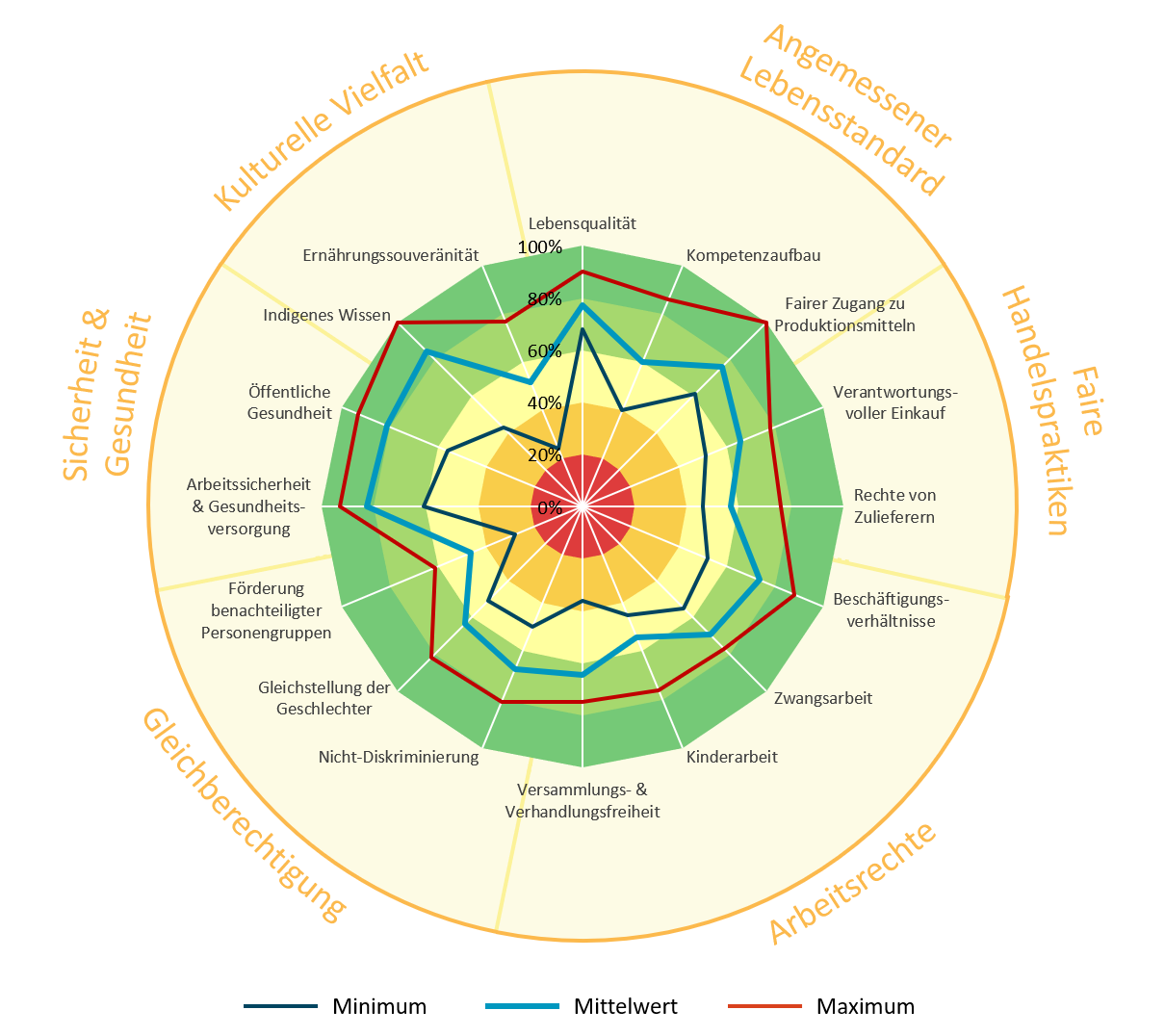
Dr. Rachel Reckinger is providing support in the interpretation and the contextualisation of the results:
The analysis of the SMART data will be used to identify trade-offs and synergies between farming practices and sustainability aspects, that can then be used in the food system-level sustainability assessment.
A reference scenario for the Luxembourgish food system till 2050 will be identified, serving as a reference for comparison with other scenarios. Besides this reference scenario, a set of other scenarios comprising larger dietary (e.g. World Health Organization guidelines on healthy diets, reduced animal product consumption diet) and farming practices (e.g. no pesticide use, no mineral fertilizer use, conversion to organic agriculture) changes will be developed.
The results from the scenario runs will be condensed in order to elucidate the main components of the model results with respect to the research questions. The main trade-offs and synergies within and between the fields of dietary patterns, farming practices and sustainability will thus be identified.
Target group specific recommendations with the objective to develop sustainable food systems will be formulated. These recommendations will include decision aids for policy makers, dietary recommendations for consumers and recommendations on sustainable farming practices for farmers.
© Evelyne Stoll
Project lead: IBLA Luxembourg (Evelyne Stoll and Dr. Stéphanie Zimmer)
Partner institutes: University of Luxembourg (Dr. Rachel Reckinger), FIBL Switzerland (Dr. Christian Schader), Luxembourg Institute of Health (Dr. Thorsten Bohn), Sustainable Food Systems (Moritz Teriete).

